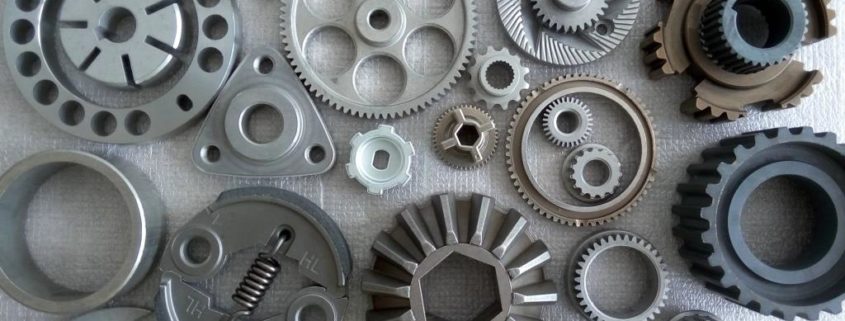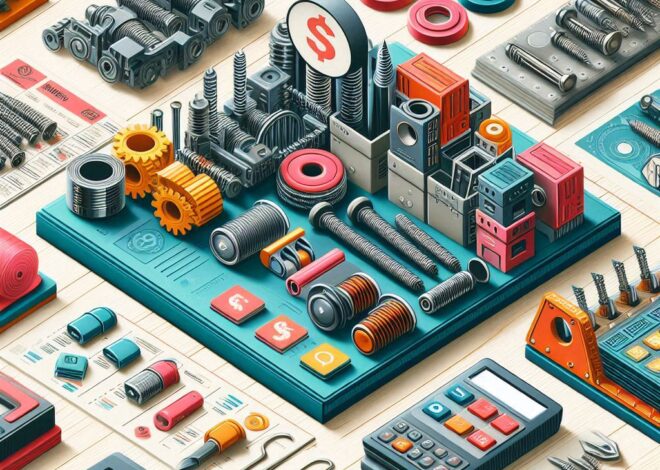
What factors should be considered when selecting engineering parts for a specific application?
When purchasing engineered parts for a specific application, certain significant factors need to be considered. Selection of parts is one of the foremost functions of effective engineering design as it showcases the reliability of the design in terms of economic and industrial aspects. If appropriate engineering parts are not chosen the application may fail. So it is imperative to know the best engineered parts for a particular design.
Here are some of the factors to be considered when choosing engineered parts for project
1. Mechanical properties: A specific application is subject to many manufacturing processes based on the material chosen. The chosen engineered parts must be able to withstand a certain load. They must thus possess a certain strength and stiffness. Chosen materials are examined for strength and stiffness values, and parts are inspected further for other desired properties. Engineering process has various loads and temperature variations.
2. Fabrication: Method of processing of the engineered parts also affect the properties of component for instance, forged components can be stronger than casted components. Investment in casting provides accurate dimensions at low cost in comparison to machine operation.
3. Wear of parts: Wear is an issue when engineered parts are contracting each other in the product. So it is important to ensure the chosen parts have sufficient wear resistance. One of the best examples for this is choosing the parts that cope with wear. There are many production methods that improve wear resistance and make the materials more suitable for the specific application. So this is a key factor to consider when choosing material for a particular design.
4. Corrosion: Another significant factor when choosing engineering is the corrosion resistance of the engineered parts. It is important for the parts open to environment for longer time period. Some materials are likely to be corroded in service based on the service environment. Metal like iron are prone to corrosion. So it is important to make sure that the material is capable of being employed for particular application before choosing it.
5. Ability to manufacture: Although engineering parts are well capable for using in a design, they may be difficult to manufacture. If this factor is neglected the manufacturing process might be costly. So before choosing the engineered parts considered this fact. The chosen part must be able to machined with a minimum cost.
6. Cost: Cost is a critical factor to be considered when selecting engineered parts for specific application. When estimating the cost all the factors including transportation, processing costs and more must be considered to get a more reasonable value.
7. Availability: Sometimes the availability of the engineered parts becomes the governing factor. When the desired part is in limited supply then the costly material which is available in ample quantity may be chosen.
Wrap up
The selection of engineered parts is an integrated process that needs thorough research and understanding of the interaction between the materials, properties and manufacturing features including design considerations. It is important to choose the optimum combination of properties in an engineered part at lowest cost possible without compromising the quality.




